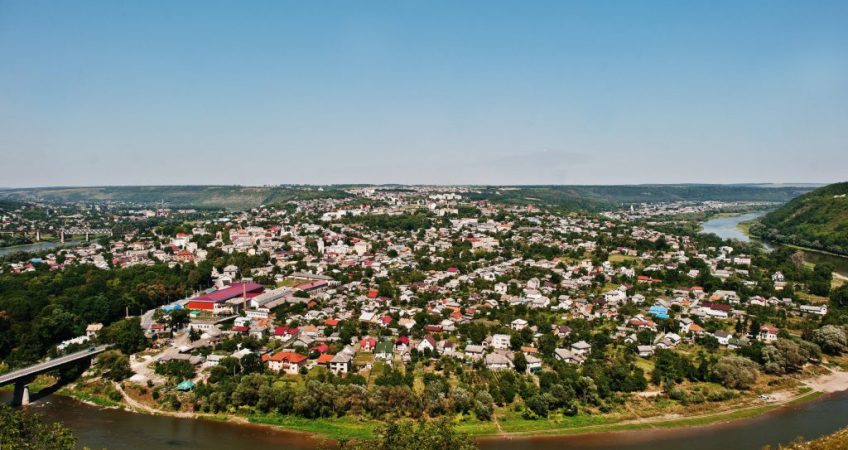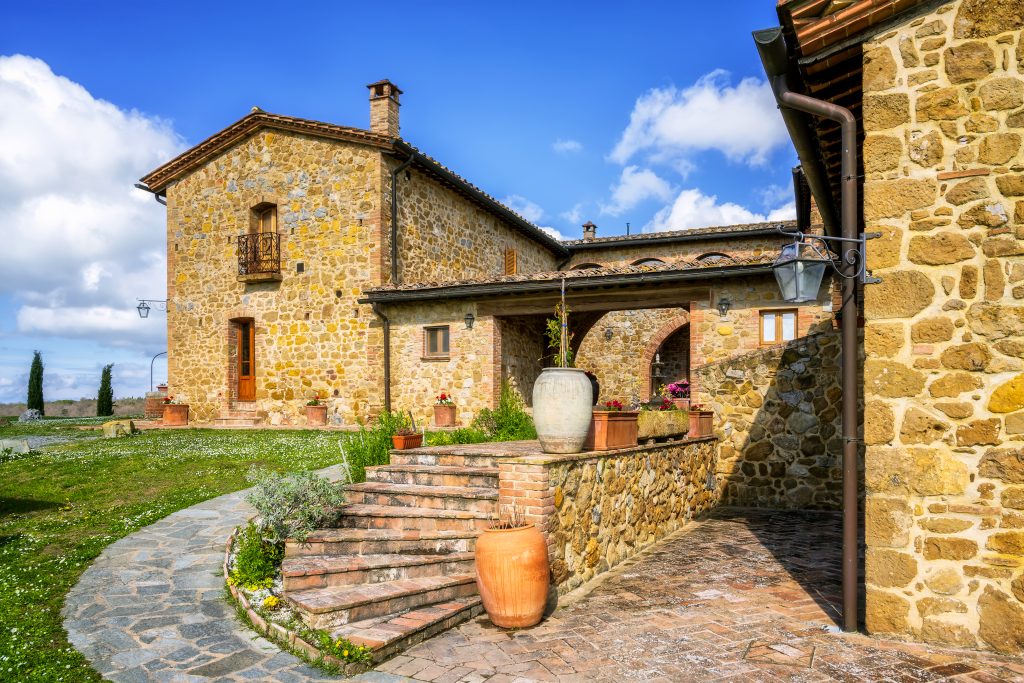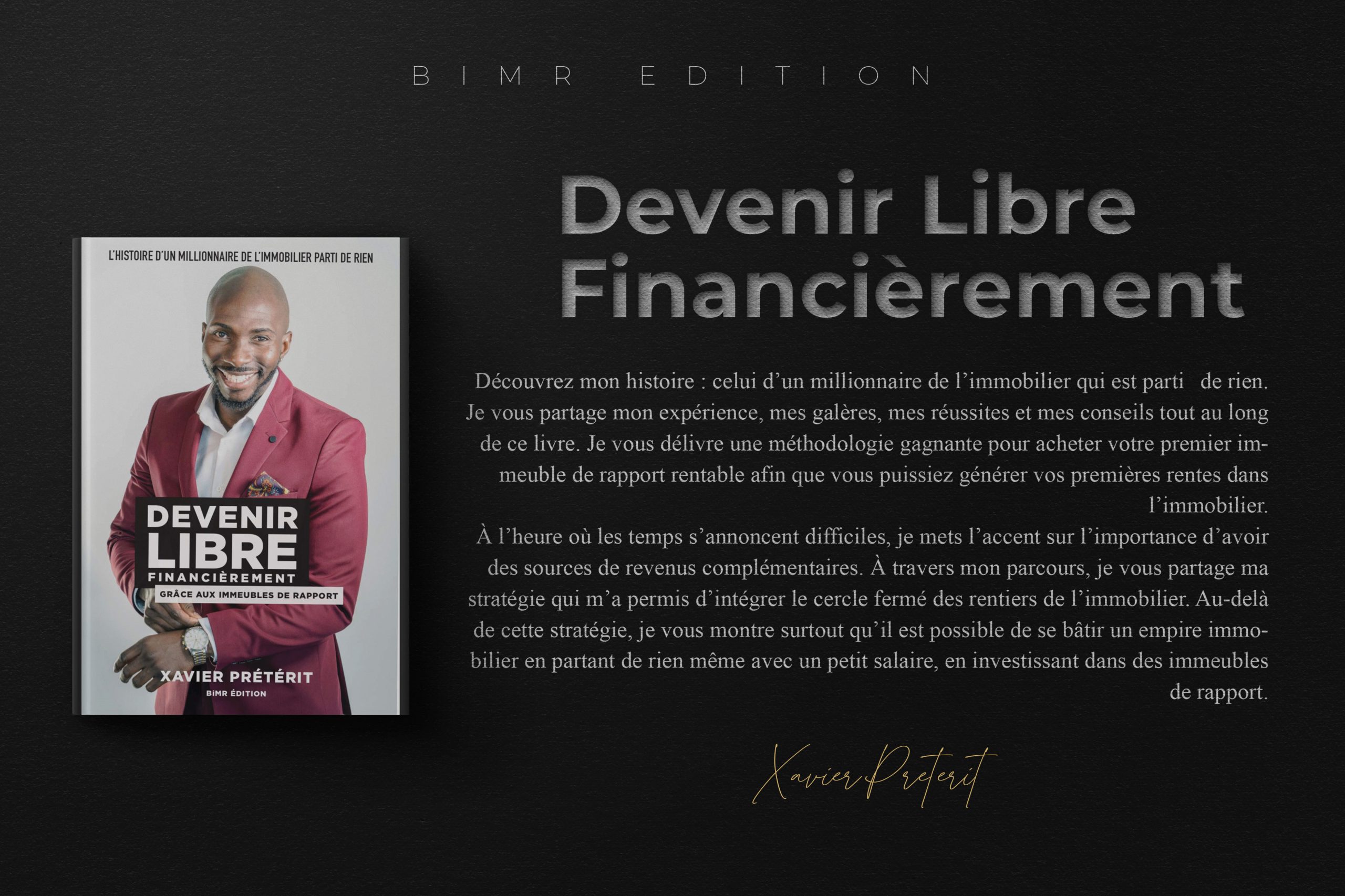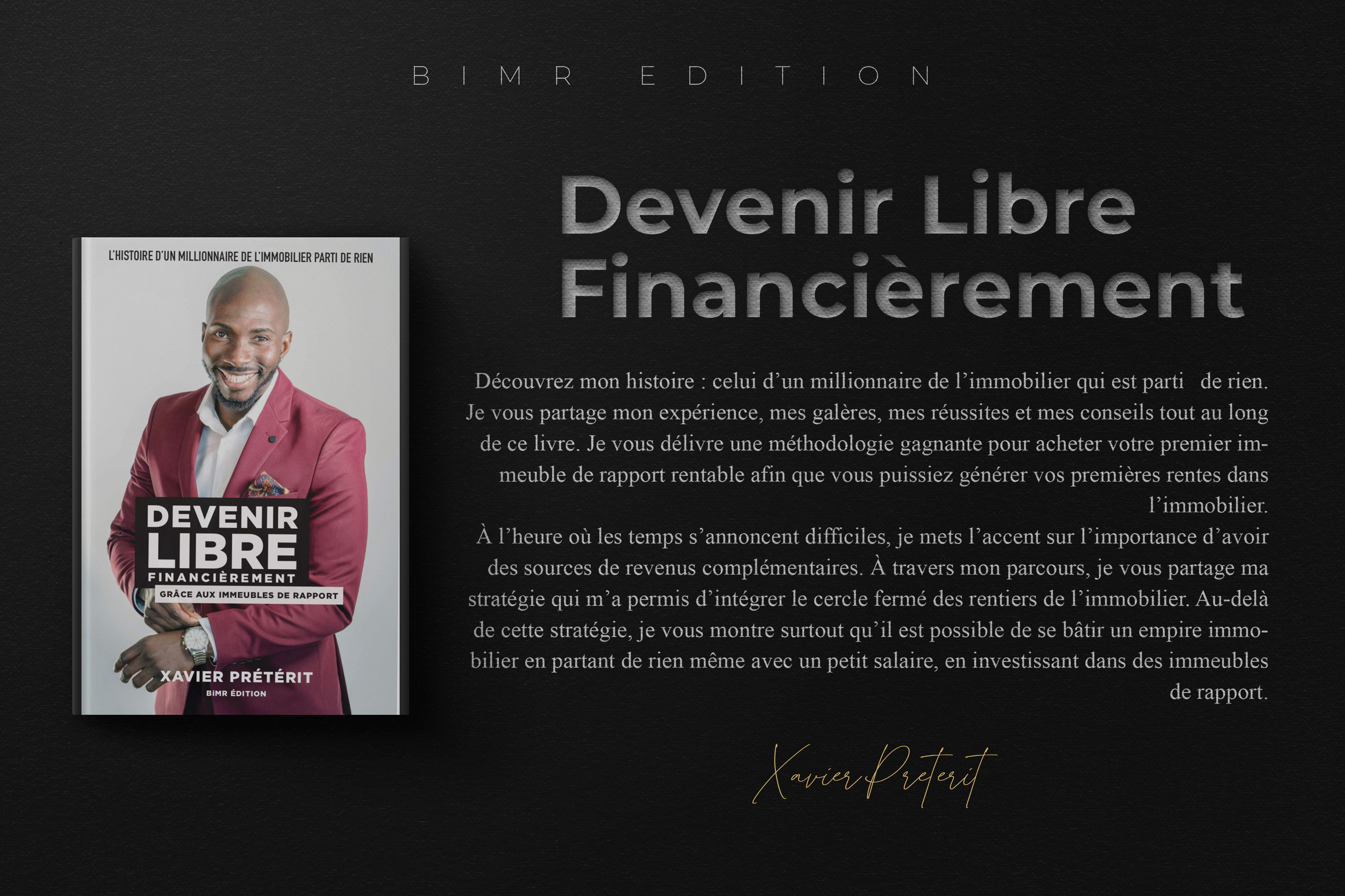Where should I invest in real estate in 2023?

When beginning to invest in real estate, there are many questions to consider. To ensure a successful project, it is important to prepare in advance due to the financial risks involved. One common question is where to invest: should you invest domestically or internationally? If investing domestically, is it more advantageous to invest in the city center or on the outskirts? In this article, we provide some answers.

There are opportunities all around.
It is important to emphasize that in real estate, as in any business, there are no inherently good or bad cities. Opportunities exist everywhere. Even within the same city, there can be both good and bad deals. While location is important, it is not the only factor to consider in a rental property investment project. Other criteria, such as purchase price and rental management, also contribute to the profitability of a property deal. Location is an important factor to consider when planning a rental. For classic rentals, it is advisable to avoid locations that are too close to a train station. However, for seasonal rentals, these locations may be ideal. Ultimately, the choice of location depends on your specific objectives.
What are your real estate goals?
To define your objectives, ask yourself, 'What type of investor am I?' This question forms the basis of your investment strategy. We have identified four typical investor profiles: the investor looking for additional income, the investor looking for freedom, the investor looking to secure their retirement, and the jack-of-all-trades investor. Our article... investir dans l’immobilier locatif explique en détail les objectifs correspondant à chaque type d’investisseur.
Once you have defined your objectives, where should you invest in real estate? Define your area to make it easier to find the right property for you.
Investing in small and medium-sized towns or outlying areas.
One advantage of purchasing a property in a small or medium-sized town is its lower purchase price. As an investor, you know that the purchase price directly impacts the property's rental profitability. Generally, the further you move from the city center, the lower the price. For the same amount of money, it's possible to buy a T2 or T3 on the outskirts of town, whereas in the city center, only a studio is worth buying. The suburbs offer a better quality of life, with more space, greenery, less pollution, and a generally lower cost of living than the city center. However, rental income is lower, and there is a higher risk of vacancies and unpaid rent, as well as a resale risk.
Investing in downtown
Downtown real estate has a clear advantage: it is guaranteed to attract tenants. As the population of large cities continues to grow, rental demand remains high. However, property prices are often steep, which directly impacts profitability. Therefore, despite higher rents, profitability in large cities is generally lower than in medium-sized towns. For instance, studies show that Valenciennes offers an average gross profitability of 8%, while in Lille, profitability is around 5.5%.
Ideally, depending on your objectives, it is recommended to invest in medium-sized towns near major cities. The goal is not to immediately resell the property, but rather to benefit from attractive cash flow over several years, generating additional income while building up your assets.
Foreign investment
Many people believe that foreign profitability is superior to that in France. However, the reality is that it varies by country, each with its own set of rules, advantages, and disadvantages. Therefore, it is essential to be well-informed before making any decisions. Factors such as the country's economic and political stability, taxation, borrowing conditions, and regulations should all be taken into account. For instance, the United States has vastly different regulations than France. For instance, in financing, investors are typically required to make a down payment. However, in France, it is possible to invest in real estate without a down payment and take advantage of the leverage effect. Conversely, administrative procedures in the U.S. are very straightforward, taking just one week, and there are no notary fees.
Where to Invest in Real Estate: Our Advice
Invest in France to start.
Most new investors tend to invest near their hometown to have more control in case of rental issues. However, it is advisable not to limit yourself to this area and miss out on potentially more profitable properties elsewhere. We recommend extending your search to a radius of 15-30 km and exploring small and medium-sized towns near busy cities, such as Cholet for Nantes or Mulhouse for Strasbourg.
Expanding your global presence
If you have invested in France, it may be beneficial to expand your real estate portfolio overseas. This will allow you to diversify your assets and potentially take advantage of more favorable prices and tax benefits. To ensure you benefit from these advantages, it is important to verify whether the country you are considering has a tax treaty with France to avoid double taxation. Working with a real estate professional can help you avoid any unexpected issues.
Need assistance in defining your real estate strategy? Schedule a complimentary call with a professional real estate investment coach by clicking on this link.






